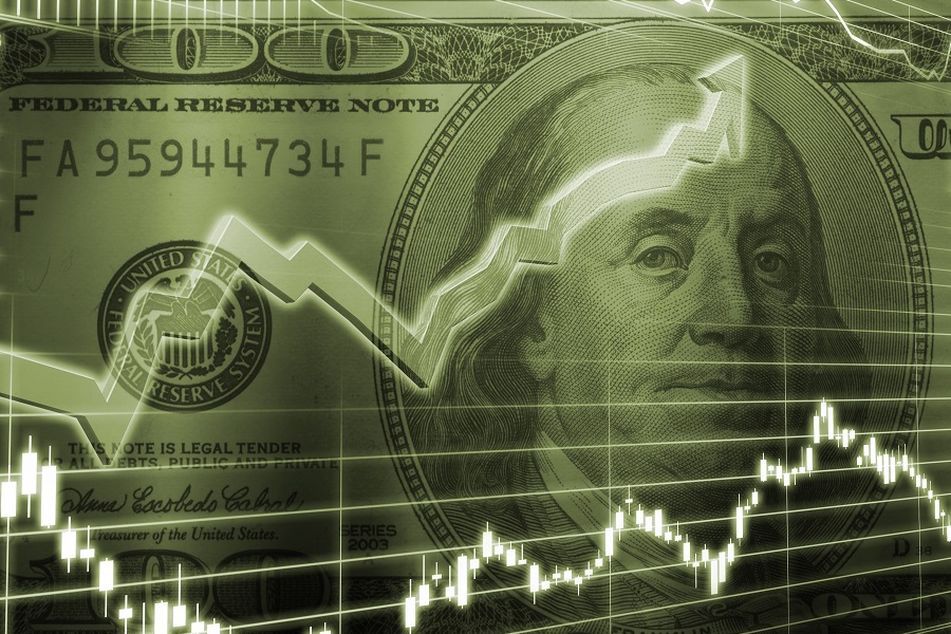Money funds just had their biggest month ever

Investors seeking a safe place for cash put a record $790 billion into government money-market funds in March, according to Crane Data
Investors plunked more of their savings into money-market funds in March than at any point in history.
Assets in money-market mutual funds increased about $625 billion last month, according to a report from Crane Data. The inflows were led by more than $790 billion going into government money market funds – more than double the $325 billion that flowed into the products in September 2008, the month when the Reserve Primary Fund broke the buck, or saw its net asset value per share dip below a dollar, according to Crane.
Meanwhile, investors pulled assets from prime money-market funds in March, with total assets in those vehicles dropping by about $160 billion, the report said. Total money-market fund assets stood at about $4.6 trillion, with about $3.5 trillion of that in government funds and $936 billion in prime funds, according to Crane.
Amid the global COVID-19 crisis and stock market sell-off, investors have looked for safe places to park their cash. Government money-market funds have been attractive given their superior yields compared to bank deposits, where most brokerage sweep assets are held, said Peter Crane, president of Crane Data.
“You’ve seen the craziest run-up in money-fund assets we’ve ever seen. The government money funds are clearly where everyone is seeking shelter,” Crane said. “Growth like that almost always comes with issues. [But] the flash in negative yields was short-lived, because the U.S. Treasury is about to issue more Treasury bills than anyone’s ever seen.”
That increase in supply will give individual investors, businesses and institutions a place to put cash “to at least earn a few basis points,” he noted.
However, yields in money funds are continuously being adjusted, and cuts in interest rates will further reduce them, Crane said. The products “are still digesting that last 100-basis-point cut” on March 15, when the Fed dropped its target rate to 0% to 0.25%.
One firm, Fidelity Investments, has already barred new investors from three government money market products. That company “soft closed” its Treasury Only Money Market Fund, FIMM Treasury Only Portfolio and FIMM Treasury Portfolio.
That measure was a response to the low rates, with the company attempting to protect current investors rather than restrict new ones, said Crane, who reported on the fund closures on his site.
“Fidelity didn’t want to have to buy things with negative yields or near-zero yields,” he said. “The more money you take in, the faster you’re going to zero.”
Amid the low yields, money fund providers will almost certainly have to re-institute investment management fee waivers so that investors don’t lose money by holding those products, Crane said. That was the common practice between 2009 and 2015, he noted.
Although investors have pulled back from prime money-market funds, concerns about those products breaking the buck, as the Reserve Primary Fund did in 2008, have been alleviated by recent guarantees from the government, including provisions in the Cares Act, Crane said.
He said that while money has flowed into government money market funds quickly, it could leave just as quickly.
“Everyone’s sheltering in place at home … [and] buying groceries,” Crane said. “People will be spending down that cash.”
Learn more about reprints and licensing for this article.








